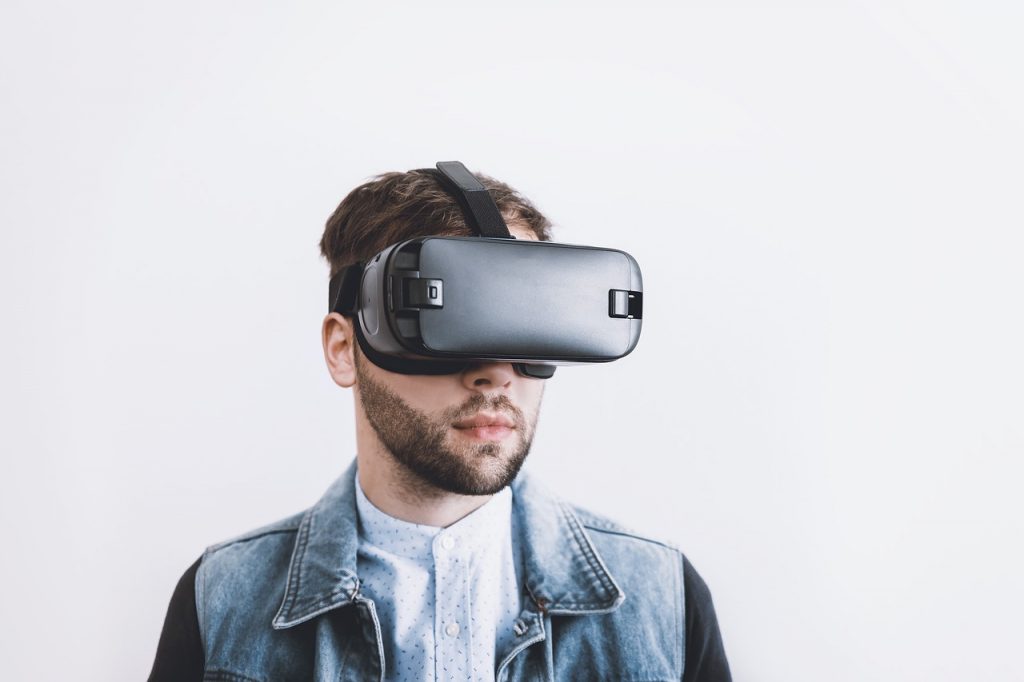Why Microsoft And Meta Are Suddenly Working Together
Microsoft and Meta are teaming up to integrate the latter's VR headset technologies into Microsoft's various productivity platforms including Microsoft Teams.
This article is more than 2 years old
Two giant companies are linking up to explore the world of virtual reality. Microsoft and Meta, two corporations that were tanking throughout the year, are attempting to reinvigorate their quarterly earnings and their standing in the tech industry. The first product integration will include Microsoft Teams, Office, and Windows software as a part of Meta’s VR headsets.
Meta, the parent company of Facebook, has redirected its focus towards virtual technology and the metaverse. Though Mark Zuckerberg’s claim to fame was the social media site Facebook, it has lost many users over the past few years. Zuckerberg is putting his executive energy into pioneering Horizon Worlds, his metaverse that allows users to create and sell their own products.
Meta and Microsoft’s partnership will give both enterprises a necessary financial lift. Microsoft saw an opportunity to bring Teams to the metaverse, wanting to offer that software to Meta’s VR headsets. According to Verge, Microsoft CEO Satya Nadella stated that the collaboration would give metaverse users a new way to interact with each other, with a significant focus on connecting and sharing.

The Teams software will be available for users with Quest Pro or Quest 2 headsets, with Meta’s own Horizon Workrooms integrating Microsoft capabilities to make collaborating more accessible. Mark Zuckerberg explained the integrated software during a recent event, stating that people using Workrooms would be able to join meetings directly through Teams.
Both companies want to revitalize and restructure what working together, especially in professional settings, will look like in the future. Microsoft plans to bring Windows 365 to Quest headsets, giving VR products similar capabilities to the company’s desktops. Quest headsets will have personalized apps, content, and Windows settings fully operable through the VR devices.
Another benefit of the Microsoft and Meta partnership is VR headsets gaining Xbox Cloud Gaming control. Xbox, which Microsoft created, will also be operable through Quest headsets, making them the ultimate gaming device. If you’re an Xbox Game Pass Ultimate subscriber, you’ll be able to stream any game through VR, broadcasting a complete 3-D Xbox screen on the individual headset.
Though Meta and Microsoft have collaborated before, this is the most significant venture between the two companies since Facebook was integrated with Windows phones. Though many people deemed this partnership as an unusual pairing, Microsoft’s interests in the future of VR have naturally led it to work with Quest headsets. Before the venture, Microsoft experimented with creating its own VR headsets called Windows Mixed Reality, but those devices never received enough appreciation or purchases.
Now, Microsoft has abandoned its rudimentary VR software to collaborate with a company that’s already perfected its headsets. The team working on virtual and mixed-reality devices also had some internal problems, with the group’s leader resigning unexpectedly. Alex Kipman, who led a team of developers in constructing the HoloLens headsets, was accused of sexual harassment early in 2022, ultimately leading to him voluntarily leaving Microsoft.
Though Microsoft has allegedly given up on releasing its updated HoloLens 3 headsets, the company is still moving forward with VR, hoping to gain ample profits from integrating with Meta’s devices.




